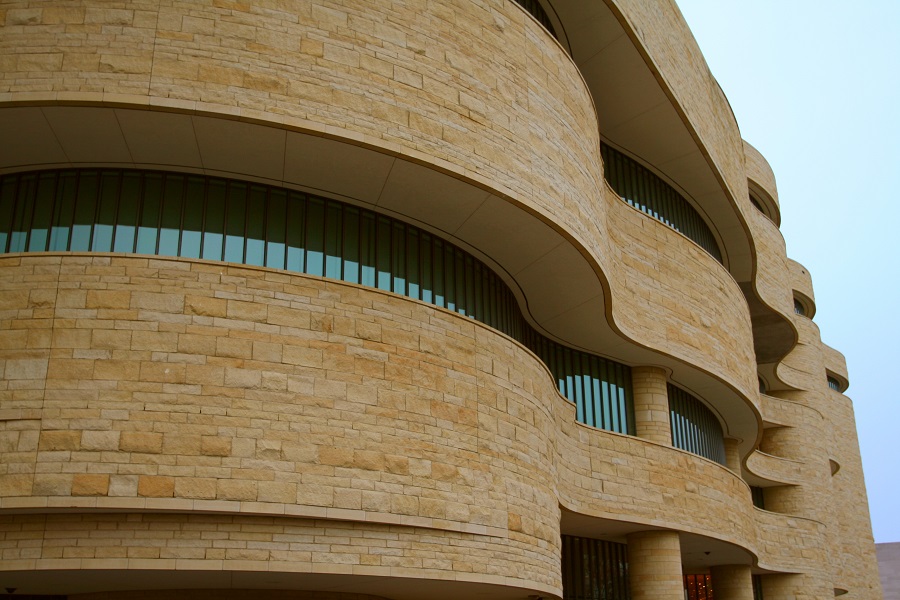Celebrate Linguistic and Cultural Diversity at the Mother Tongue Film Festival
From February 21st through the 24th, the Smithsonian will once again be hosting their annual Mother Tongue Film Festival, showcasing a collection of films that celebrate linguistic and cultural diversity. The event is a part of the larger International Year of Indigenous Languages.
The festival was established by the Smithsonian Institution’s Recovering Voices initiative, a partnership between the National Museum of Natural History, the National Museum of the American Indian, and the Center for Folklife and Cultural Heritage. Recovering Voices “partners with communities around the world to revitalize and sustain endangered languages and knowledge."
Here are a few films to look out for:
Edge of the Knife
“Edge of the Knife draws its name from a Haida saying: ‘the world is as sharp as a knife,’ reminding us that as we walk along, we have to be careful not to fall off one side or the other. Set in the nineteenth century against the backdrop of the rain forest and storm-ravaged Pacific coast of Haida Gwaii, the film is an adaptation of one of Haida’s most popular stories, sustained over the years through song and performance.
After tragedy strikes, young Adiits’ii becomes Gaagiixiid/Gaagiid, the Haida Wildman. Stranded, he fights to survive while his humanity gives way to a more bestial state. Meanwhile, the community struggles with conflicting emotions upon returning to the site where Adiits’ii was last seen. Both a timeless story and a contemporary allegory for the Haida Nation, the film was envisioned as a way to support Haida language, a critically endangered language spoken fluently by fewer than twenty people, and promote Haida culture by bringing an ancient story into a new space through film.”
Colours of the Alphabet
“Must the future be in English? Steward, Elizabeth, and M’barak are first-time students in rural Zambia struggling to make sense of an educational system in a language not their own. This documentary offers an intimate, moving, and often humorous view into a global phenomenon, from the unique perspective of the children involved.”
Imfura
“Young Gisa travels to the village of Nkora, native to his mother who disappeared during the Rwandan genocide. He finds himself at the center of a family conflict over the fate of the house his mother built. Caught between the contradictions of a changing society, Gisa, who is almost the same age as the new Rwanda, seeks to rediscover his share of the collective memory of a past that belongs to him but is also so far away.”
Sami Blood
“During the 1930s in Sweden, Sami children were systematically removed from their parents—a practice common in Scandinavia at the time. Reindeer-herding teen Elle Marja is one of these children, sent to a boarding school where indigenous students are taught Swedish language and customs, and made “acceptable” to white society. During her stay, Elle Marja is torn between assimilation and her burgeoning sense of self.”
For more information on the films being showcased during the festival, and to read the previous years’ programs, visit the Mother Tongue Film Festival website or view the Facebook event page.
